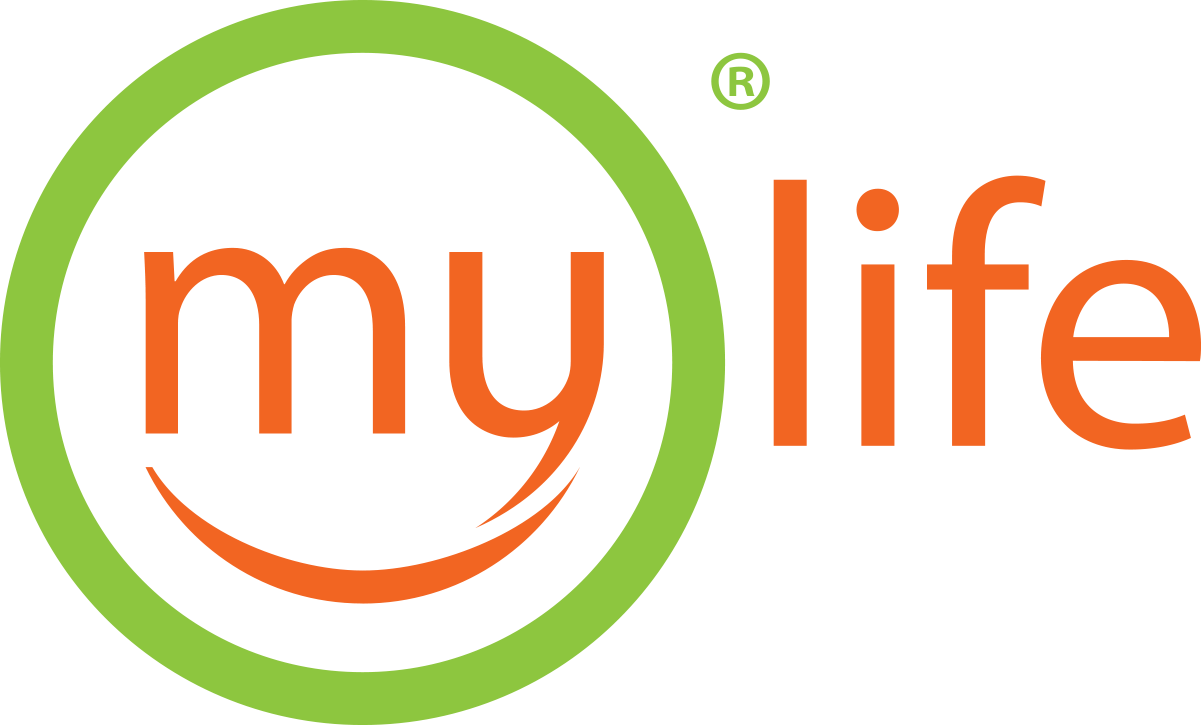Coeliac Disease is an autoimmune disease where the lining of the small intestine is damaged by tiny amounts of gluten. Gluten is a protein found in grains including wheat, rye, barley and oats. Bowel damage is caused when the villi (finger-like projections that line the bowel) become inflamed due to the presence of gluten. This is referred to as ‘villous atrophy’ – where the bowel’s ability for nutrient absorption is compromised, leading to gastrointestinal and malabsorptive symptoms. If left untreated, serious health consequences can result including chronic ill health, type 1 diabetes, anaemia, vitamin deficiencies, infertility and chronic inflammation in other areas of the body.
1 in 70 Australians have Coeliac Disease, but 4 out of 5 of these cases remain undiagnosed. As such, many Australians suffer from Coeliac symptoms, yet are unaware of the severity of the condition. They may seek treatment to address a symptom without addressing the disease as a whole.
Common symptoms include:
· Gastrointestinal symptoms including diarrhoea and constipation, nausea, vomiting, flatulence, pain and discomfort
· Iron deficiency and/or anaemia
· Other nutritional deficiencies
· Significant weight loss or weight gain
· Fatigue
· Irritability and/or depression
· Bone pain and/or stiffness
· Joint pain and/or stiffness
· Easy bruising
· Itchy and blistery skin resulting in rashes
· In children: developmental delay, delayed puberty and/or failure to thrive
These symptoms are similar to conditions such as Wheat Intolerance and Irritable Bowel Syndrome. It is important to note that removing gluten from your diet, and feeling better from this omission may not indicate you have Coeliac disease. And conversely, if you remove gluten from your diet and do have Coeliac Disease, this does not immediately fix the cause of the symptoms.
Presently, we do not know what causes Coeliac Disease, however, it is believed to be partly genetic, and also can be developed after a gastrointestinal infection or develop in early childhood as a result of their diet.
Coeliac Disease is diagnosed with a series of tests including blood and genetic tests as well as a small bowel biopsy. Although it cannot be cured, it can be controlled with a strict lifelong gluten-free diet. Regular testing and a further biopsy are required to ensure the body (specifically, the bowel) is healing once gluten has been eliminated from the diet.
Coeliac Awareness Week is now in its 41st year. Created by Coeliac Australia, the week aims to raise awareness of Coeliac Disease and its symptoms in Australia.
Aside from Coeliac Awareness Week, Coeliac Australia is responsible for being Australia’s national registered not for profit charity supporting Australians with coeliac disease and associated conditions requiring a gluten-free diet. Formed in 1980, they provide support and information to enhance the lives of those with Coeliac Disease. They raise funds for essential research and create awareness for the disease within the medical profession, food service industry and the broader community. They also work with manufacturers, government and industry concerning the availability of gluten-free food, food standards and allergen labelling. You can donate to Coeliac Australia here.
At MyLife, we are fortunate to have many Bio-lovers who use our products for a variety of different reasons. Our products are vegetarian, vegan, suitable for faith-based fasting and free from gluten, soy, lactose, GMO and palm oil. We are proud to be able to make your lives a little bit easier.
References:
https://www.healthdirect.gov.au/coeliac-disease
https://www.schn.health.nsw.gov.au/fact-sheets/coeliac-disease

